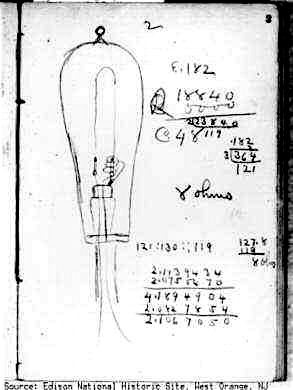Is your mind ready for -- Aha?
Why do creative moments come easily -- or not at
all?

If you’ve experienced the highs and lows of creative thinking, you know that sometimes the creative well is dry, while at other times creativity is free flowing. It is during the latter times that people often experience so-called “Aha!” moments — those moments of clarity when the solution to a vexing problem falls into place with a sudden insight and you see connections that previously eluded you.
But why do “Aha!” moments sometimes come easily and sometimes not at all? A new study reveals that patterns of brain activity before people even see a problem predict whether they will solve it with or without such an insight, and these brain activity patterns are likely linked to distinct types of mental preparation.
The current study reveals that the distinct patterns of brain activity leading to “Aha!” moments of insight begin much earlier than the time a problem is solved. The research suggests that people can mentally prepare to have an “Aha!” solution even before a problem is presented. Specifically, as people prepare for problems that they solve with insight, their pattern of brain activity suggests that they are focusing attention inwardly, are ready to switch to new trains of thought, and perhaps are actively silencing irrelevant thoughts. These findings are important because they show that people can mentally prepare to solve problems with different thinking styles and that these different forms of preparation can be identified with specific patterns of brain activity. This study may eventually lead to an understanding of how to put people in the optimal “frame of mind” to deal with particular types of problems.
This research team’s previous study revealed that just prior to an “Aha!” solution, after a person has been working on solving a problem, the brain momentarily reduces visual inputs, with an effect similar to a person shutting his or her eyes or looking away to facilitate the emergence into consciousness of the solution. The new study extends these findings by suggesting that mental preparation involving inward focus of attention promotes insight even prior to the presentation of a problem. Therefore, it may be that how a person is thinking before problem solving begins is just as important as the kind of thinking involved in reaching the solution, and perhaps even determines whether the solution will be derived with a sudden insight.
Of course, the value of the "Aha!" is evaluated over time and history. Sometimes the satisfaction associated with experience is strictly that of an individual's perception. Sometimes -- a whole society benefits.
Posted: Tue - April 11, 2006 at 07:04 AM